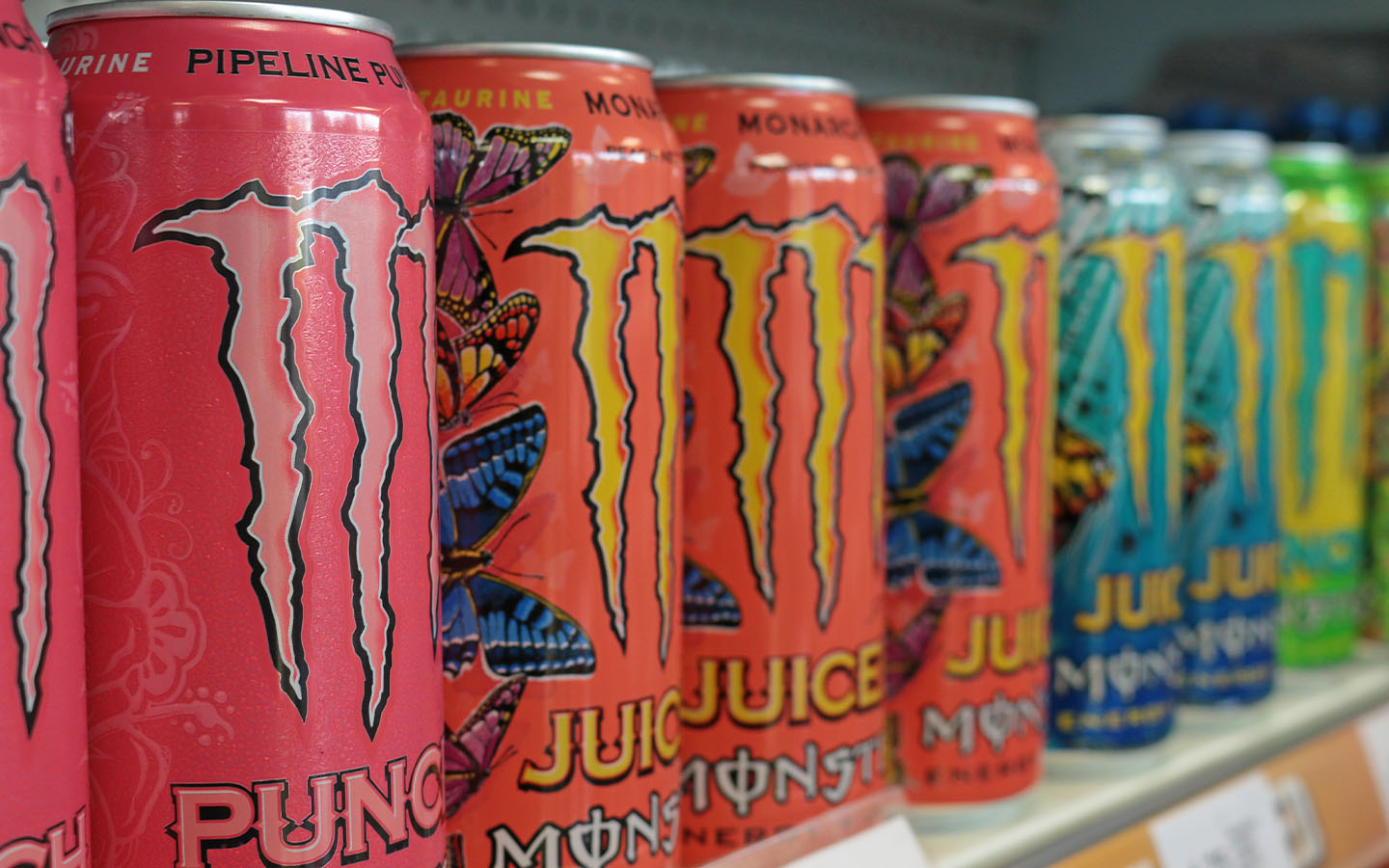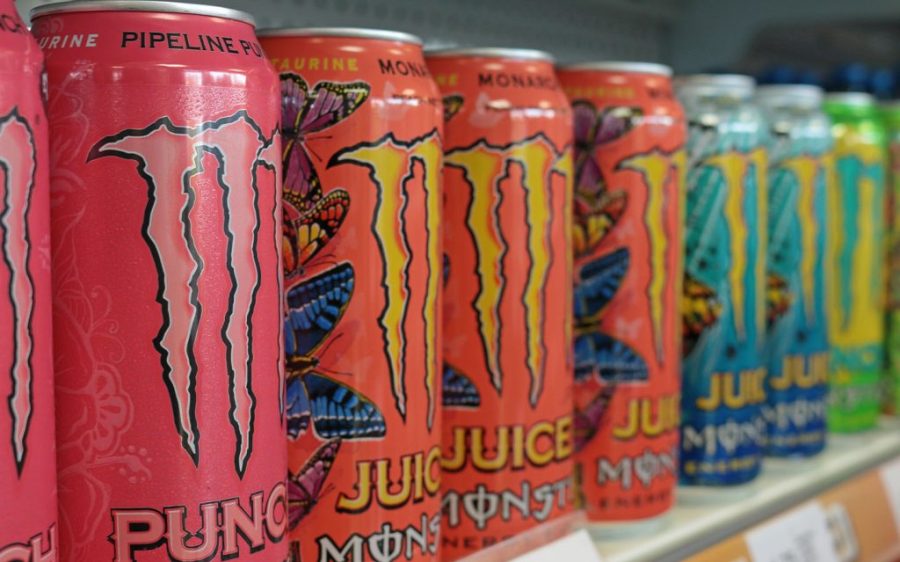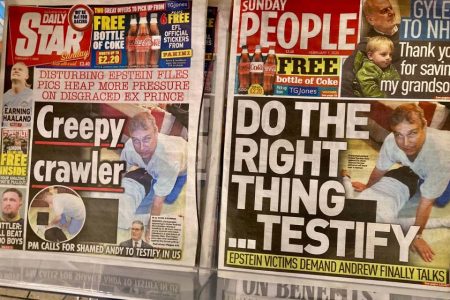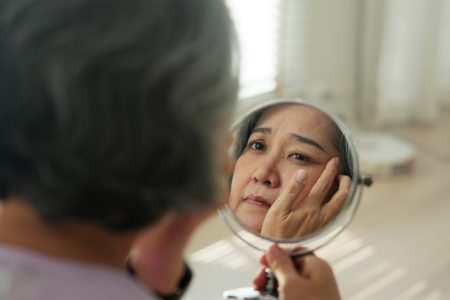After the move was scrapped under the conservative Tory government, Whitehalls is pursuing a ban on energy drinks for anyone under 16, reports the BBC.
Most supermarkets have already introduced voluntary bans but widespread availability – including shops, restaurants, cafés, vending machines and online retailers – have allowed as much as a third of UK children to consume these types of drink weekly.
Popular brands like Monster contain as much caffeine in a single can as four cans of soda or two double espressos, contributing to a host of health issues, ranging from minor to severe. High sugar content in certain drinks can also damage teeth and contribute to obesity. Health and Social Care Secretary Wes Streeting told a BBC Radio 4 programme that parents, teachers and even children had “called upon” the government to act on this issue.
“You can see the impact on the health, concentration and the learning, and that is why we are acting,” he told BBC Breakfast. Lower-caffeine soft drinks, tea and coffee will not be affected by the ban.
[See more: Junk food could be damaging your brain, study finds]
A 12-week consultation process will now gather evidence from health and education experts, as well as the public, retailers and manufacturers. Gavin Partington, director general of the British Soft Drinks Association, insisted to the BBC that manufacturers had already led the way with self-regulation. “As with all government policy, it’s essential that any forthcoming regulation is based on a rigorous assessment of the evidence that’s available,” he added.
The available evidence is concerning. A systematic review of 57 studies, published in February 2024, linked energy drinks to significant impacts on physical and mental well-being of children and young people.
Consumption of energy drinks was associated with sleep disturbances and increased risk of ADHD, anxiety and mood changes, and in severe cases, heart complications. Smaller bodies and developing brains make young people more sensitive to caffeine than most adults, for whom it’s generally safe to consume up to 400mg of caffeine (or about four cups of coffee) a day.
Energy drinks have “no place” in the diets of children, study co-author Professor Amelia Lake from Teesside University, told the BBC. Some young people agree. Youth activist group Bite Back highlights energy drinks as emblematic of how companies use “cute, colourful, clever marketing” to deceive kids and teens, “endangering the health of a generation.”






